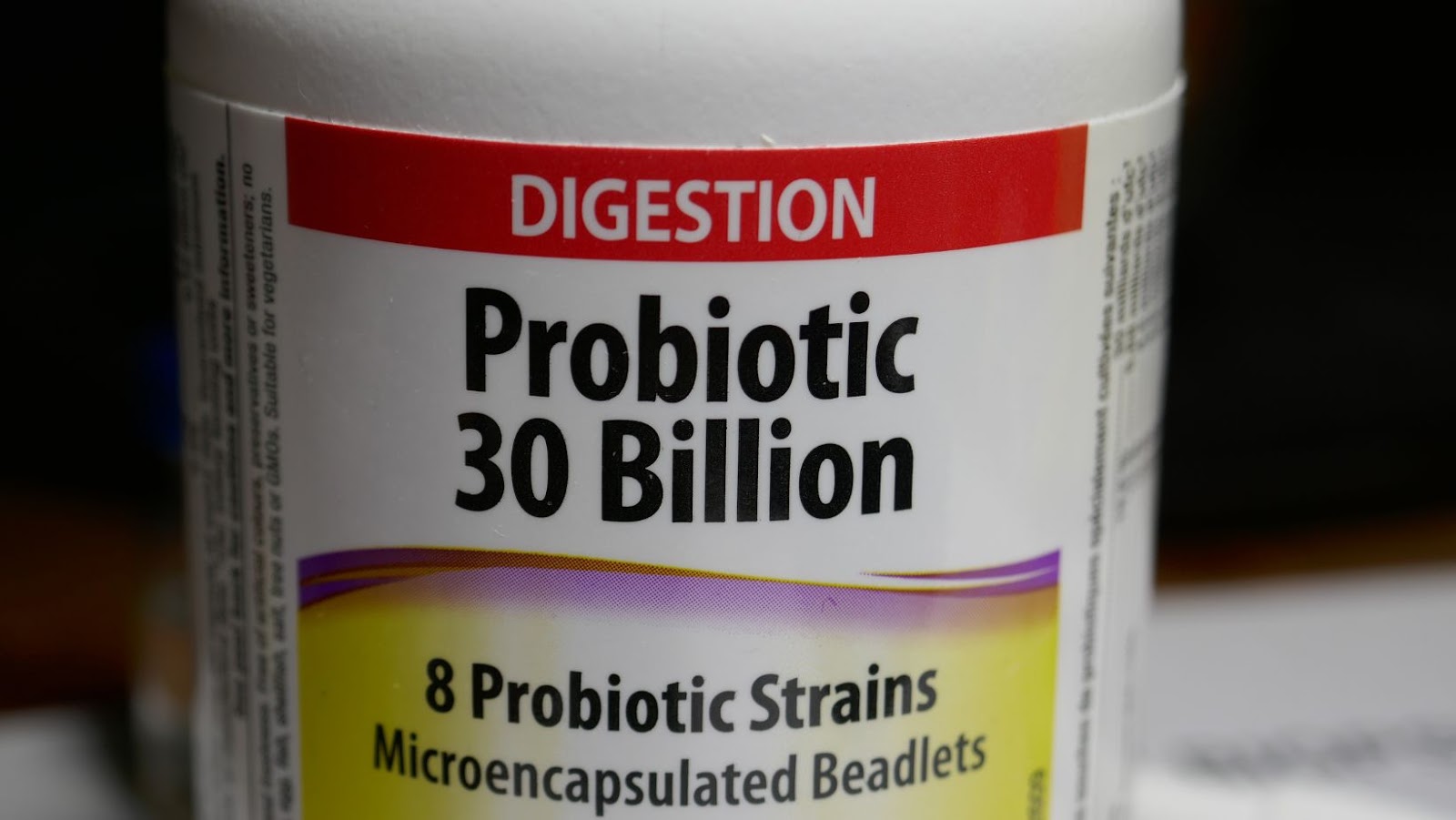Antibiotics and probiotics are two different types of drugs that can have significant impacts on the human body. Antibiotics are powerful drugs that are used to fight bacterial infections, while probiotics are live bacteria that can be beneficial to the body.
While both antibiotics and probiotics have their uses, they can have very different effects on the body. Antibiotics are generally prescribed to fight infections, but they can also kill off the beneficial bacteria in the gut. This is because antibiotics are designed to kill all bacteria, both good and bad.
Probiotics, on the other hand, are specifically designed to help build up the good bacteria in the gut. This can be particularly effective in helping to promote healthy digestion and a strong immune system. While probiotics are not effective in treating infections, they can work to prevent them from happening in the first place.
In summary, antibiotics and probiotics have very different functions. Antibiotics are designed to fight infections, but they can also kill off beneficial bacteria. Probiotics are designed to build up the good bacteria in the gut, and can help to promote healthy digestion and a strong immune system. It is important to consult with a healthcare provider about which treatment option is right for you.
Probiotics vs antibiotics
Probiotics and antibiotics are two types of microorganisms that have different effects on the human body. Unlike antibiotics, which are designed to kill harmful bacteria, probiotics are live bacteria and yeasts that are beneficial to the body and help to maintain a healthy balance of microorganisms.
Probiotics are found naturally in foods such as yogurt, kefir, sauerkraut, and kimchi, or can be taken as dietary supplements. They work by colonizing the gut and restoring the balance of beneficial microorganisms that may have been disrupted by factors such as a poor diet, stress, or the use of antibiotics.
The benefits of probiotics are numerous and have been extensively studied. Here are some key advantages of incorporating these beneficial bacteria into your diet:
- Enhanced Digestive health: Probiotics help to break down food and improve nutrient absorption, reducing the risk of digestive issues such as bloating, constipation, and diarrhea.
- Immune System Support: When the gut bacteria are in balance, the immune system functions better, leading to a reduced risk of infections.
- Allergies & Skin Conditions: Probiotics have been shown to help reduce inflammation and improve symptoms of allergies and inflammatory skin conditions like eczema.
- Mental Health: There is a growing body of evidence that suggests that probiotics can improve symptoms of depression and anxiety.
- Weight Loss: Certain strains of probiotics have been shown to increase fat loss and reduce the risk of obesity.
While antibiotics are an essential tool in the fight against bacterial infections, they can cause collateral damage by killing beneficial bacteria in the gut. This can lead to a weakened immune system and an increased risk of infection. For this reason, many medical professionals recommend taking probiotics after a course of antibiotics to help restore the balance of gut microorganisms.
In conclusion, probiotics offer a host of benefits for digestive health, immune system support, allergies, skin conditions, mental health, and weight loss. When compared to antibiotics, which can cause collateral damage to the gut microbiome, probiotics provide a natural and effective way to maintain a healthy balance of microorganisms. Consider incorporating probiotics into your diet or supplement regimen to experience their many benefits.

Antibiotics: Definition and Usage
Antibiotics are a class of drugs that are commonly prescribed to treat bacterial infections. They work by killing or stopping the growth of bacteria within the human body. Antibiotics are among the most commonly prescribed medications worldwide, with millions of individuals receiving them each year.
While antibiotics can be incredibly beneficial for those suffering from bacterial infections, it is important to note that they are not effective against viruses, such as the common cold or flu. Overuse or misuse of antibiotics can also lead to the development of antibiotic-resistant bacteria, decreasing the effectiveness of antibiotics over time.
One of the main problems with antibiotics is that they do not discriminate between good bacteria and bad bacteria in the body. This means that, while antibiotics can kill harmful bacteria that cause infections, they can also wipe out beneficial bacteria that are crucial for maintaining a healthy gut microbiome. This can lead to diarrhea and other gastrointestinal issues, as well as the potential for long-term disruptions in overall gut health.
When comparing probiotics vs antibiotics, it is important to note that probiotics can be used to help mitigate some of the negative effects of antibiotics. Probiotics are living organisms that, when ingested in adequate amounts, can provide health benefits to the body. They can promote a healthy gut microbiome, which can help improve digestion, boost the immune system, and even improve mental health.
While antibiotics and probiotics are not interchangeable, they can work together to promote overall health and wellness. Individuals who are prescribed antibiotics may also want to consider taking probiotic supplements or eating probiotic-rich foods to help maintain a healthy gut microbiome during and after antibiotic treatment.

Main Differences between Probiotics and Antibiotics
When it comes to the battle between probiotics and antibiotics, it’s important to understand the main differences between the two. Here are the key points to keep in mind:
- Function: Probiotics are live microorganisms that provide health benefits when consumed in adequate amounts. They are typically found in fermented foods or dietary supplements. Antibiotics, on the other hand, are medications used to fight bacterial infections by killing or inhibiting the growth of bacteria.
- Target: Probiotics mostly work by improving the health of the gut microbiome and aiding in various bodily functions such as digestion, immune system regulation, and vitamin synthesis. Antibiotics, as mentioned above, are primarily used to combat bacterial infections.
- Effect on Microbiome: While antibiotics can be very effective at killing harmful bacteria, they can also unintentionally destroy beneficial bacteria in the gut. This can lead to side effects such as diarrhea, upset stomach, and yeast infections. Probiotics, on the other hand, have been shown to help restore the balance of good bacteria in the gut and reduce these unwanted side effects.
- Resistance: Overuse and misuse of antibiotics can lead to antibiotic resistance, where bacteria develop the ability to resist the effects of antibiotics. This is a growing problem that can make certain infections much harder to treat. There is no evidence to suggest that probiotics can contribute to antibiotic resistance.
So, while antibiotics are necessary in certain cases to treat bacterial infections, taking them can disrupt the gut microbiome and create undesirable side effects. Probiotics, on the other hand, can help maintain a healthy gut microbiome and reduce the risk of these side effects. It’s important to discuss with your healthcare provider which option is best for you and your specific health needs.

